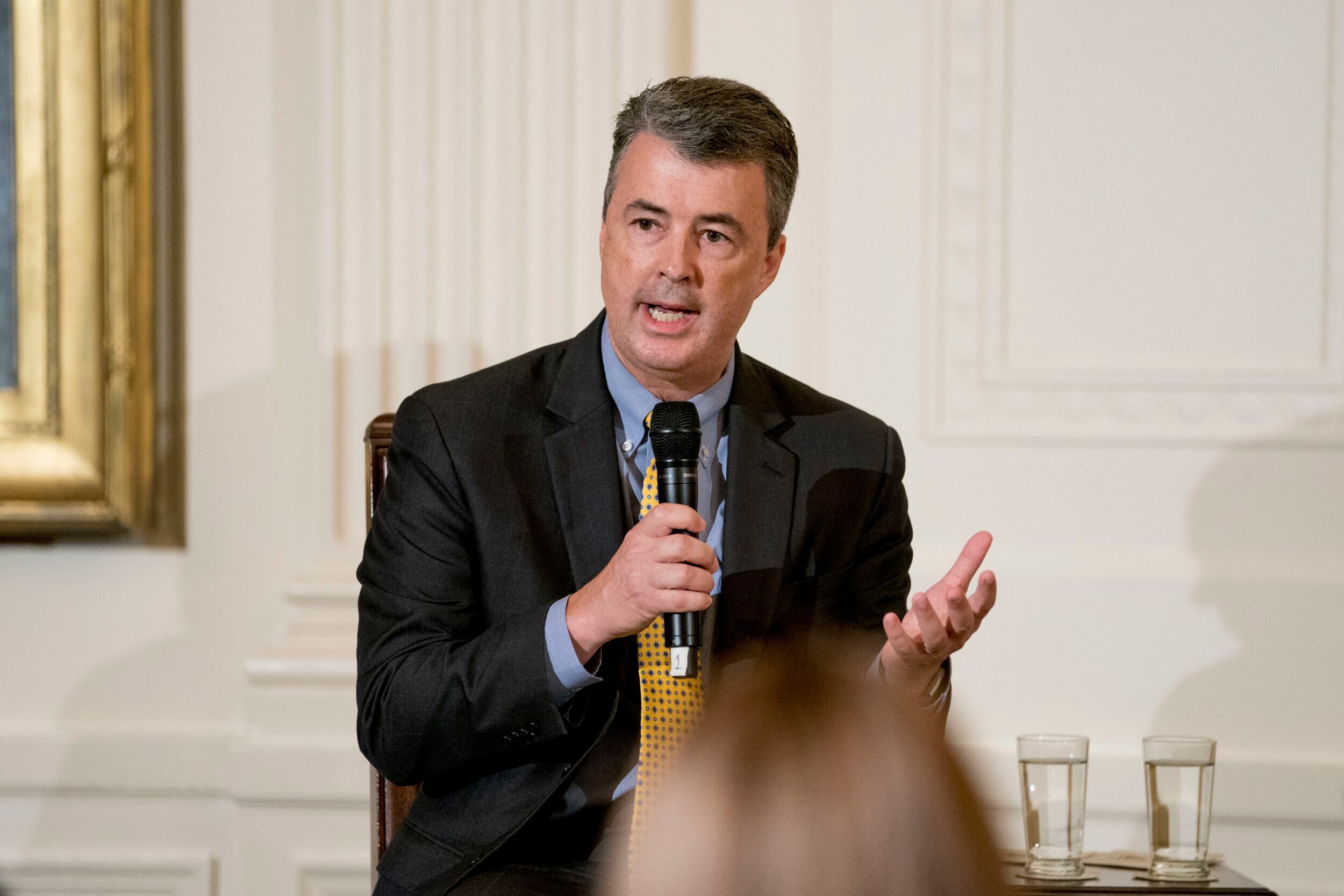Alabama Attorney General Steve Marshall has been busy the last two weeks.
Marshall joined a lawsuit with other Republican Attorneys General on Jan. 26 over the U.S. Department of Labor’s (DOL) ESG rule. Four days later, Marshall sued the Alabama Board of Pardons and Paroles, which was set to release over 400 inmates. Even though the trial judge denied Marshall’s motion for a temporary restraining order, the Alabama Department of Corrections slowed the process and released only 96 inmates.
Marshall made good decisions in both cases and deserves commendation for the following reasons.
First, there is the ESG suit. ESG refers to “environmental, social, and governance” factors that influence how investors invest money, our friends at the Alabama Policy Institute tell us. When investors base their decisions on criteria other than making money for those they serve, their clients suffer.
Investing based on ESG tends to send money to horrible causes. In our state, 1819 News has investigated whether the Retirement Systems of Alabama (RSA) use ESG, while the Alabama Center for Law and Liberty (ACLL) has sent open records requests to RSA to see if it is using BlackRock, Inc. — a huge ESG proponent — to manage its funds.
While 1819 News and ACLL are well-suited to investigate the RSA, Republican Attorneys General are better suited to tackle the behemoth of the federal government. A state attorney general has the right (called “standing” in legal circles) to stand up for the people of his state.
While it can be difficult to identify an individual plaintiff injured through ESG, a state attorney general may clear that obstacle by asserting that such practices hurt the people of his state as an entire class. Fortunately, Marshall was willing to do that for Alabamians.
The lawsuit leads with two compelling arguments. First, federal law authorizes the DOL to hold pensioners’ assets “for the exclusive purposes of providing benefits to participants in the plan and their beneficiaries ….” As I read the statute, that means the DOL has not been given the authority to manage assets for ESG purposes. That should end the matter.
Additionally, the lawsuit invokes the “major question doctrine,” which prevailed three times at the Supreme Court last term. That means if Congress has not clearly authorized an agency to take an action that will have major economic consequences (such as managing over a trillion dollars in assets), then it may not do so. Since this argument is on a winning streak, it’s likely to prevail here too.
Thus, not only was jumping on this suit the right thing for Alabamians, it also seems like a good move for Marshall, for his chances of success are high.
Second, there is the mandatory-release suit. In 2021, a new Alabama law provided for the mandatory release of certain inmates, while also providing that victims’ families must be notified first. Marshall’s allegation was that victims were not notified and that inmates could not be released until they were.
A brief background to criminal law: the theoretical distinction between civil law and criminal law is that civil offenses are against individuals, but criminal offenses are against society. Honestly, I don’t know how well that distinction holds up. If someone burglarizes my house, it’s an offense against society — but it’s an offense against me too. And who was hurt worse: me or society? Wouldn’t it be me?
Thus, the great irony in building a system around the premise that crimes are offenses against society is that the person who got hurt the worst — the victim — can be forgotten. After all, if the criminal process is more about avenging society than avenging the victim, then why should the victim matter?
Fortunately, victims matter to Steve Marshall. While he did not get everything he wanted in the judge's order, he did get the Department of Corrections to not release other inmates until their victims are notified.
I’m often disenchanted with Alabama’s government; it is not as conservative as its officials make it out to be. However, we do have some good actors. Steve Marshall is one of them, and I’m grateful for the actions he took in both cases.
(Editor's note: The second to the last paragraph has been corrected to reflect the fact that Marshall received partial relief in his lawsuit.)
Matt Clark is the President of the Alabama Center for Law and Liberty, a conservative nonprofit law firm that fights for limited government, free markets, and strong families in the courts. His column appears every Friday in 1819 News. The opinions expressed in this column are those of the author. The views and opinions expressed here are those of the author and do not necessarily reflect the policy or position of 1819 News. To comment, please send an email with your name and contact information to Commentary@1819News.com.
Don't miss out! Subscribe to our newsletter and get our top stories every weekday morning.










